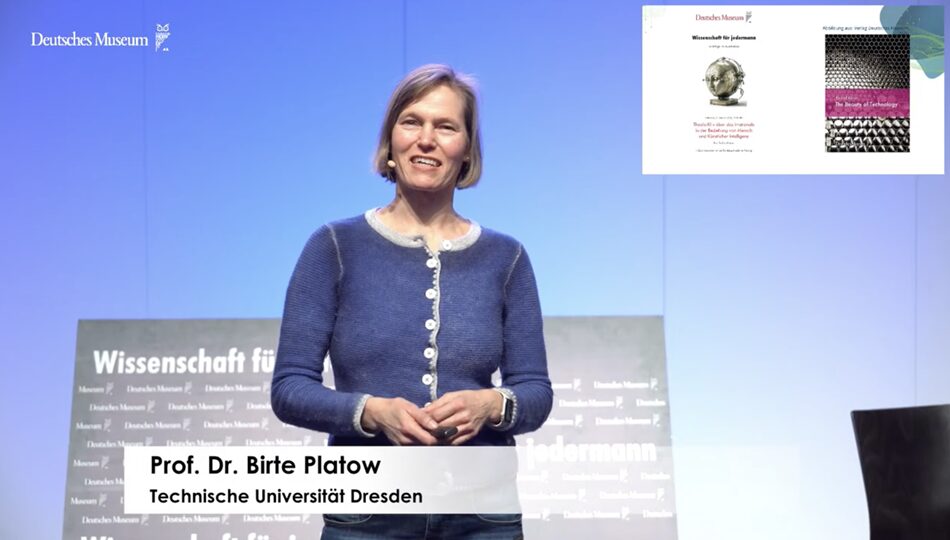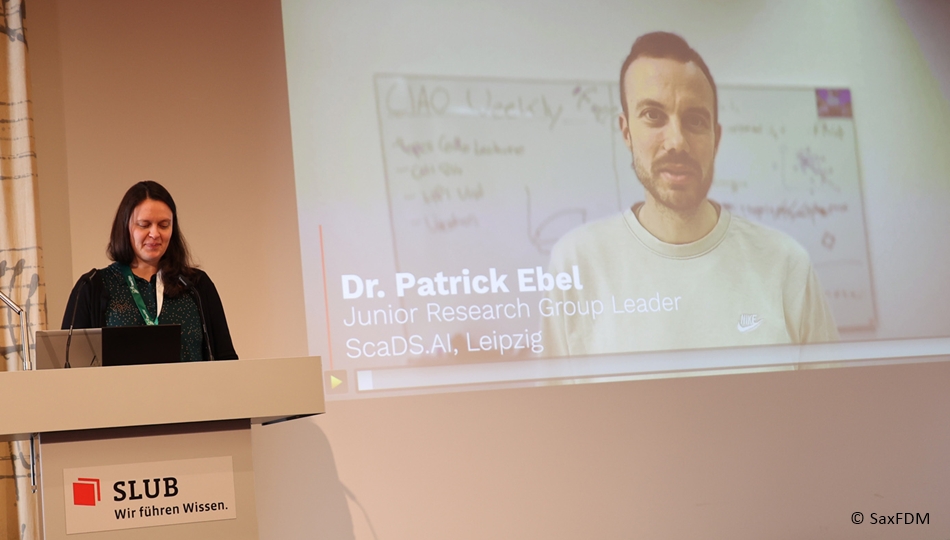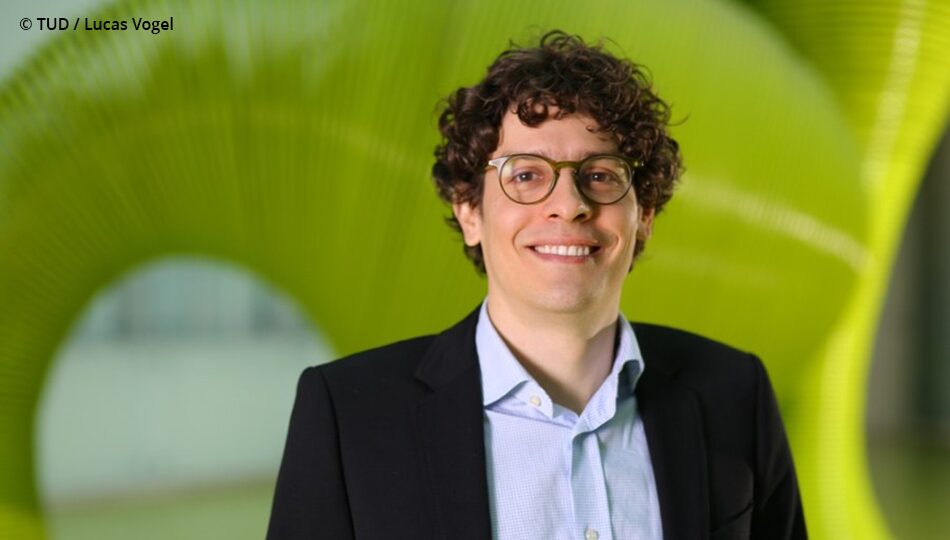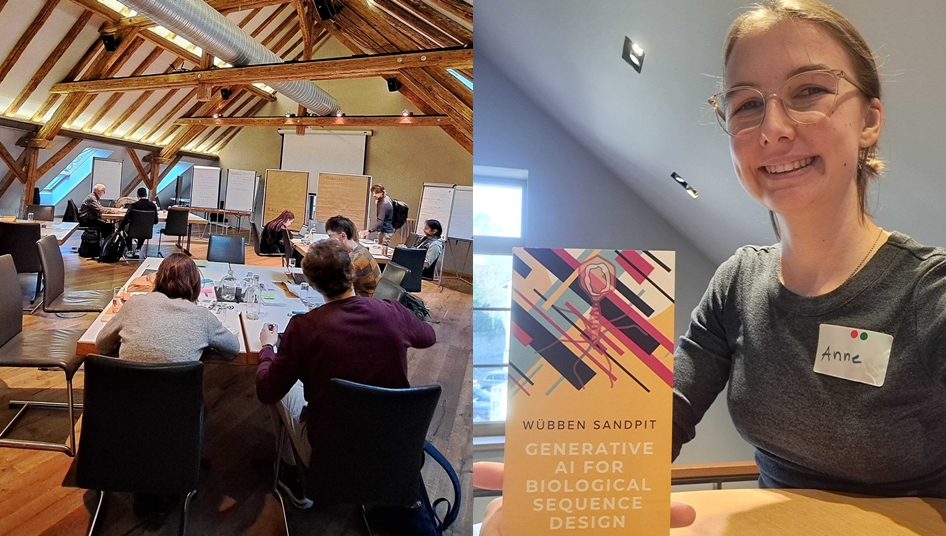February 9, 2017
DLR Software Institute and Smart Systems Hub – Big Data research as linking element
A few weeks ago, the new DLR software institute was announced and will be established at TU Dresden. The aim of the new Dresden DLR software institute is the strategic research and development to support the virtual system capability of the German aerospace industry in the areas of:
- hardware,
- software and
- application systems.
The focus is on research for innovative technologies for application-oriented implementation in the areas of:
- production technology and robotics,
- systems and simulation as well as
- virtual reality.
In the recent past, there have been many very successful scientific activities at the TU Dresden in the fields of software development, High Performance Computing, Big Data, 5G-Lab, Internet of Things, and Internet security on which the new DLR Institute can build.
Prof. Wolfgang E. Nagel, scientific coordinator of ScaDS Dresden/Leipzig, emphasizes excellent opportunities to develop new innovative fields of application, content wise and methodically with the research areas of:
- Cloud Computing
- High Performance Computing and
- Big Data
You can read the orginial press release here.
Smart Systems Hub
Furthermore, current activities are ongoing to establish additionally a „Smart Systems Hub“ at the TU Dresden. Here you can find the Smart Systems Hub press release. Digital hubs are a new form of “digital ecosystems” designed to promote the collaboration and cooperation of start-ups, established companies and science, to give digital transformation a strategic boost. The first digital hubs were presented at the National IT Summit in November 2016. Dresden hopes to be included in the circle of the twelve planned digital hubs in the coming year with the topic “Smart Systems Hub – Enabling IoT” (Internet of Things), thereby giving the entire Free State Saxony, with its technological strengths, access to this future initiative. The government will support this project on a sustained basis. Acess the press release of the Free State of Saxony here.
The aim of the planned “Smart Systems Hub – Enabling IoT” is to further develop digital future industries and to significantly advance the digitization of the lead industries in Germany. For this purpose, competences in the areas of hardware, software and connectivity are bundled to create intelligent systems for the age of digital industries. In Saxony, there are great opportunities to transform the strengths of mechanical engineering, vehicle construction, semiconductor technology and microelectronics into the next generation through the targeted use of software and IT developments, thereby defining and shaping new markets. The fields of application range from:
- industry 4.0
- connected car and electro mobility to
- cyber physical systems for smart products,
- cities and
- infrastructures.
With its proven expertise TU Dresden can make a decisive scientific contribution.






